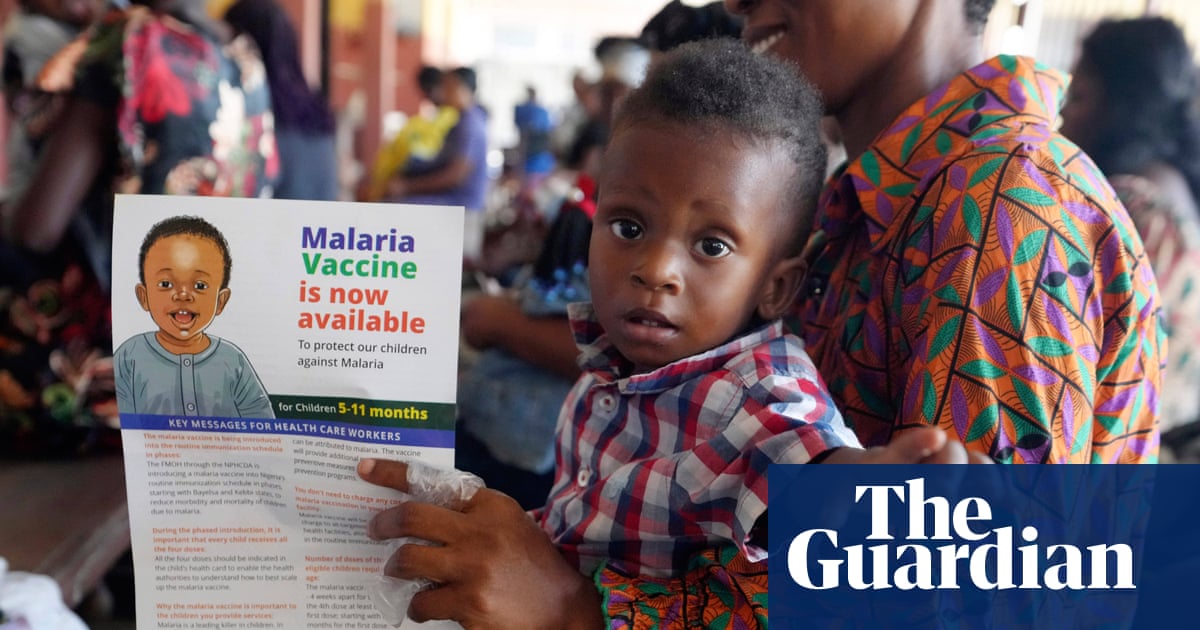Doctors at the National Institutes of Health (NIH) have identified a surprising new cause of skin cancer, a strain of the human papillomavirus (HPV) commonly found on the skin. The findings, published Wednesday in the New England Journal of Medicine, could reshape how scientists understand certain skin cancers, especially in people with weakened immune systems.
A case that changed the understanding of HPV and skin cancer
The discovery was made while treating a 34-year-old woman who had a rare genetic condition that weakened her immune system. She developed more than 40 spots of cutaneous squamous cell carcinoma, a type of skin cancer second only to melanoma in frequency, across her face, hands, and legs. Despite undergoing multiple surgeries and immunotherapy, the cancers kept coming back.
When her doctors, led by Dr. Andrea Lisco from the NIH’s National Institute of Allergy and Infectious Diseases, analysed her tumours, they found something unexpected: a group of viruses called beta HPVs actively driving the cancer’s growth.
“The virus replicated in a somewhat uncontrolled manner and ended up integrating into the skin cells. Once they did that, they became cancerous,” Dr. Lisco explained.
Until now, scientists believed that while HPV might contribute indirectly to skin cancer, mainly by making skin cells more vulnerable to damage from ultraviolet (UV) rays, it wasn’t a direct cause. This case suggests otherwise.
How HPV usually works
HPV is one of the most common viruses in the world, with around 200 known strains. Most people are infected at some point in their lives, often without even knowing it.
- Beta HPVs, like the strain found in this woman, usually live on the skin. In healthy people, they remain harmless, never integrating into the DNA of skin cells.
- Alpha HPVs, a different group, are more notorious. They live in the body’s mucous membranes and are known to cause cancers of the cervix, anus, head, and neck when they integrate into DNA. The Gardasil vaccine protects against nine strains of alpha HPV.
Dr. Lisco explained, “We shake hands and we pick up those viruses, but if our immune systems are under control, we are fine.”
Why was this case different?
The patient’s genetic condition weakened her T-cells, the crucial immune cells that normally keep viruses like HPV in check. Without this defence, the beta HPV behaved more aggressively, integrating into her skin cells and turning them cancerous.
“We needed to give this patient a whole new immune system,” Dr. Lisco said. She ultimately underwent a stem cell transplant that replaced her faulty T-cells with healthy ones. Three years later, her skin cancer has not returned.
“This case gives us good information about how the interplay of HPV and the immune system works,” said Dr. Anthony Rossi, a dermatologist and Mohs surgeon at Memorial Sloan Kettering Cancer Center, who was not involved in the case.
A rare but important warning
Experts caution that this does not mean everyone with beta HPV is at risk. Dr. Anthony Oro, a professor of dermatology at Stanford Medicine, stressed, “You don’t know how much you can directly apply the information from one patient to the wide variety of patients.”
Still, he added, “It suggests that, in the event that the T-cell arm of the immune system is not doing its job, beta-type HPV viruses could contribute to skin cancer, and maybe other kinds of cancers as well.”
So far, studies of other squamous cell skin cancers have not detected HPV, reinforcing that most cases are still driven by UV damage from sun exposure. For the general population, experts say the best prevention remains protecting your skin from the sun with sunscreen and clothing.
Why immunocompromised people should take extra care
People with weakened immune systems, whether from genetic conditions, HIV, organ transplants, or long-term medications, are already known to face a much higher risk of skin cancer. Research suggests they may be up to 100 times more likely to develop cutaneous squamous cell carcinoma than the average person.
“HPV can integrate and cause changes in the cell cycle, especially in people with suppressed immune systems,” Rossi explained. “What was novel about this is that they found out it was a beta HPV that integrated into the DNA.”
Can vaccines protect against HPVs?
The Gardasil vaccine currently protects against alpha HPVs, which cause cervical and other cancers, but it’s unclear whether it also offers any protection against beta HPVs.
“Even if this strain is not in the vaccine, there is some theory that there is cross-talk between HPV strains,” Rossi said. More research is needed to confirm whether existing vaccines offer indirect protection.
For decades, scientists suspected that beta HPVs might play a role in skin cancer, based on studies in mice. This case report is the first clear evidence in humans that the virus itself, not just UV rays, can trigger cancer under certain conditions.
Still, experts emphasise that this is just one case. “This is just one patient, and they have this unique situation of an immunological condition that enables the beta HPV to replicate unchecked,” Oro said.
Dr. Lisco agrees. He noted that while this patient’s cancer was clearly driven by HPV, for most people, “protection from UV would be the prevention.” He added that people who are immunocompromised should be monitored more closely for skin cancer and other HPV-related complications.
What you can do
For the average person, the risk of skin cancer from beta HPV appears to be extremely low. But experts recommend a few steps to stay safe:
- Wear sunscreen daily to reduce UV damage.
- Cover up with clothing, hats, and sunglasses when outdoors.
- Get regular skin checks, especially if you have a weakened immune system or a history of skin cancer.
- Stay informed about HPV vaccines and consult your doctor if you may be at higher risk.
“This suggests that this other side of the HPV family might also be important in situations where our immune system is not doing its job,” Oro said.
Source link



